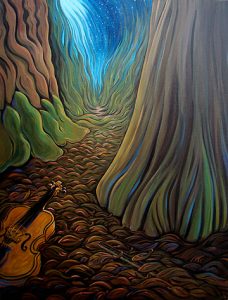I really like writing books but there’s one part I hate. And it sneaks up on me every time.
After having several books published, you’d think I’d learn. But nope, there seems to be a big blank spot in my memory about writing a nonfiction book.
It’s an ugly, nasty, teeth-gnashing phase so no wonder I forget it. In fact, the only time I think about it, is when I’m right in the middle of it. Which is where I am right now.
I refer to it as the @#$*! stage of writing a book. Some folks call it the first draft.

This is where I have to take all my research and put it into some sort of cohesive order. That means deciding what goes in what chapter – and worst of all – deciding what’s included and what gets left out.
I know from past experience that intriguing facts and fascinating anecdotes will be cut due to the constraints of space and in the interests of flow. I can deal with that. It’s just all the decisions I need to make right now. Hours are spent staring at the computer screen, shifting text here and there and muttering away. By the end of the day I swear my brain is sweating.
Sometimes I think of this stage of a book like going for a long walk in a forest. There are many trails to take, each offering different experiences, some more exciting or challenging than others.
 On rough days I liken it to climbing a rock face. Concentrating and knowing where to put my feet and hands (or facts and anecdotes) is critical. At times the top of the mountain seems impossibly far away.
On rough days I liken it to climbing a rock face. Concentrating and knowing where to put my feet and hands (or facts and anecdotes) is critical. At times the top of the mountain seems impossibly far away.
Once in a while I wonder why the heck I’m doing this. But a glance down tells me I’m closer to the top than the bottom. And I know when I reach the summit, I’ll forget all about the @#$*! stage of writing a book again.
So I keep climbing. Writing my book one chapter, one paragraph, one word at a time.

![about_the_author_jlb[1]](http://paulawild.ca/wp-content/uploads/2011/08/about_the_author_jlb1.jpg)
![19_image1[1]](http://paulawild.ca/wp-content/uploads/2011/08/19_image11.jpg)


